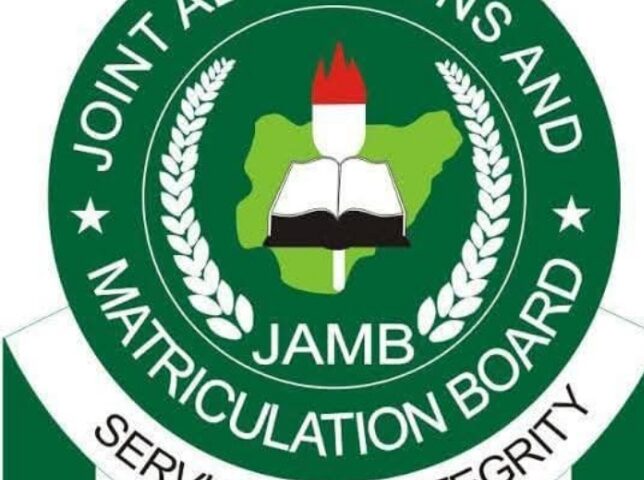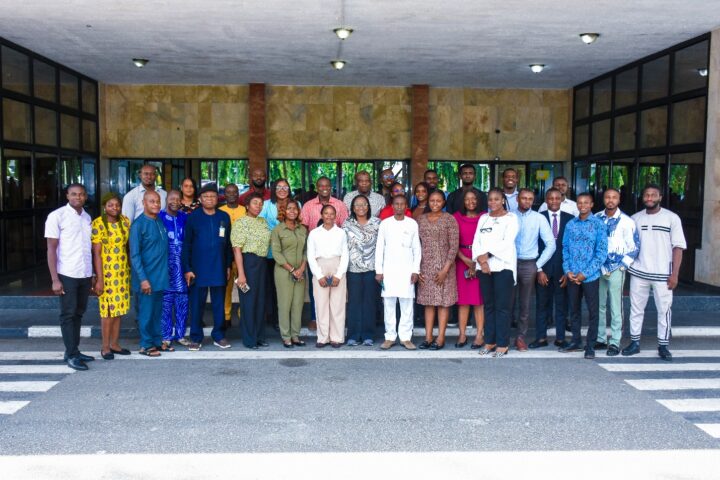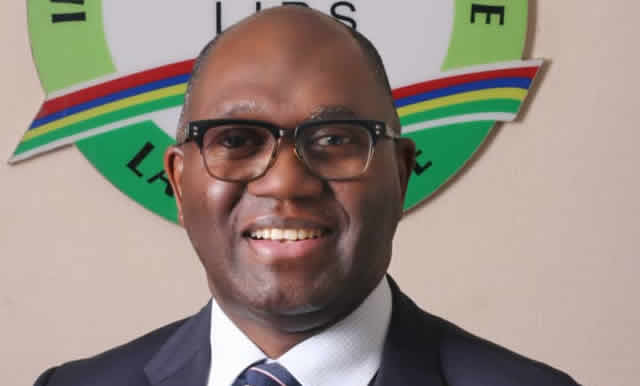
FG Hikes Private Varsities Application Fee To N30m
The Federal Government has reviewed the fee for processing of application for new private universities to N30million. The total fees payable for processing of universities provisional licences in the past was N6million.
















